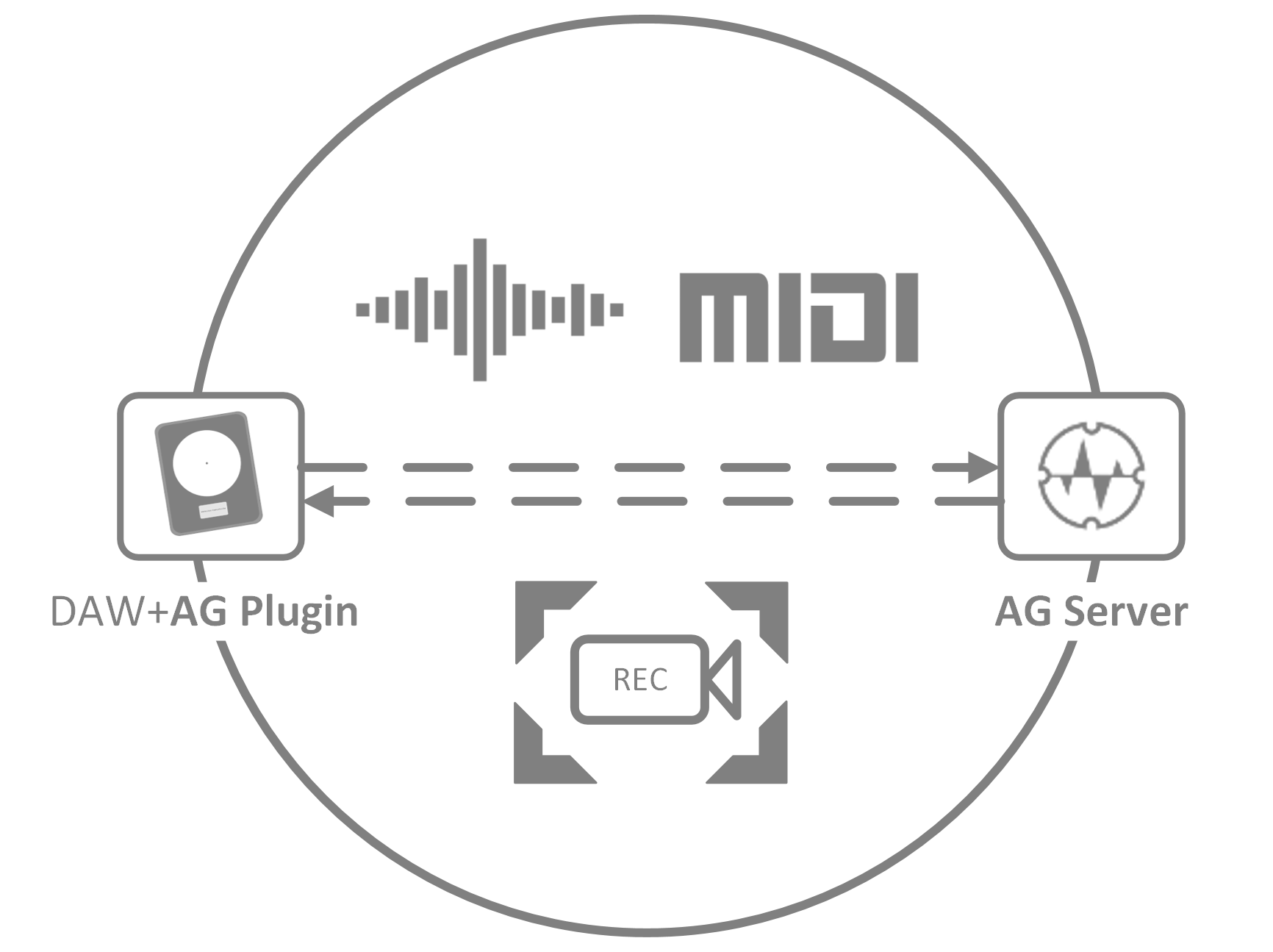AudioGridder is a network bridge for audio and MIDI that allows for offloading the DSP processing of audio plugins to remote computers running macOS or Windows. This can come in handy when mixing complex projects or running CPU intensive instruments for instance. AudioGridder comes with a plugin and a server and supports VST2, VST3 and AudioUnit plugin formats. Plugins can be hosted and accessed across the network: simply run the AudioGridder server on a remote machine and connect your DAW using the AudioGridder plugin. This allows you to add remote insert chains or instruments into your DAW's signal paths. The DSP code of the loaded remote plugins will be executed on the remote machine and the remote plugin UI's will be streamed over the wire. With AudioGridder you get an experience very close to hosting the plugins directly in your DAW but not using your local CPU.
For more information and intstallation instructions, please visit https://audiogridder.com.
Please report bugs, discuss ideas or ask questions in the discussions area! Issues will only be created as a result of a discussion going forward.
👉 Note: Please do NOT create issues. Please create discussion threads.
❗ You have to follow the bug reporting guide when reporting bugs!
Please find the latest installers in the download section.
On macOS you can install AudioGridder via homebrew:
brew install audiogridder-plugin
brew install audiogridder-server
- VST2 / VST3 / AAX / AudioUnit (macOS only)
- Effect & Instrument plugins
- Latency compensation
- 32/64 bit float processing
- Audio over network
- Midi over network
- Unlimited remote effect plugin chains
- Streaming of plugin UIs
- Local control of remote plugin UI's
- Generic Plugin Parameter Editor
- Automation
- Server: macOS 10.7+, Windows 7+
- Plugin: macOS 10.7+, Windows 7+, Linux
- AudioGridder is 64bit only
- The server supports AudioUnit (macOS only) and VST2/VST3 plugins
- The plugin is available as VST2/VST3, AAX and AudioUnit (macOS only)
AudioGridder is free. If you use it, please consider supporting the project:
Pull requests are welcome! Please follow the development guide if you'd like to contribute to the project and to get started.


